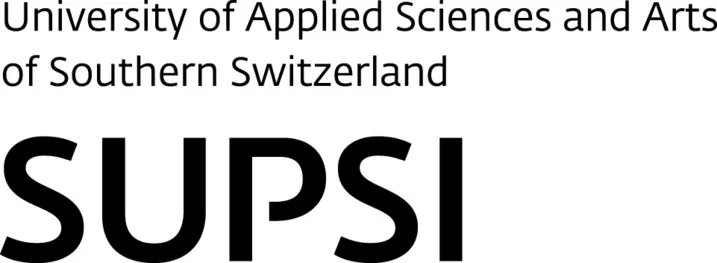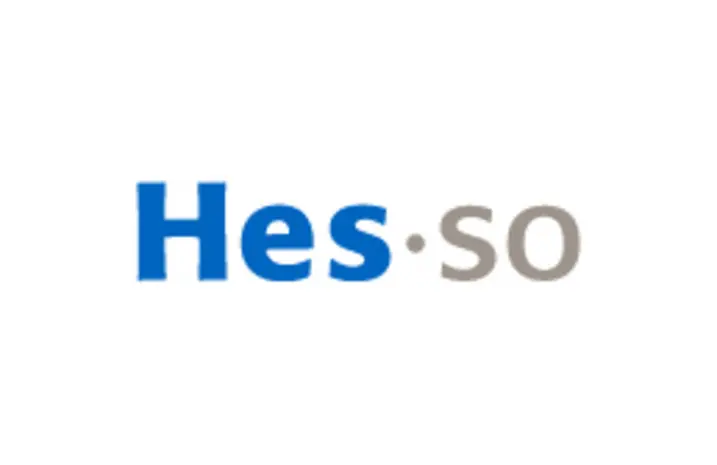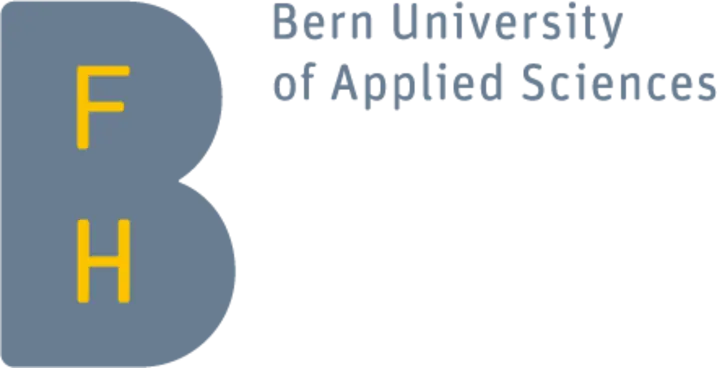Internationalization of the Curriculum: Moving ahead together
17. November 2022 – 18. November 2022
Internationalization of the curriculum (IoC) is a transformative process of higher education that begins, first and foremost, with a commitment. In this event, four universities in Switzerland (BFH, HES-SO, SUPSI, ZHAW) report on their joint commitment to advance IoC in Swiss higher education in a systematic and impactful way. Together with invited guest speakers from different parts of the world, participants will reflect on, and exchange experiences about, the potential and challenges involved in making internationalization a formal component of higher education curricula. This includes a conversation about how we can move on from intention to action and how we can get financial support for innovative initiatives. Two keynote speeches and parallel interactive sessions for exchange will headline the event. The event is open to all stakeholders and colleagues interested in the topic and will allow time for interaction and networking.
Registration
The official registration period for the event has ended. To find out if there are any additional last-minute spots available, please email Sandra McGury at mcgr@zhaw.ch.
Speakers
Eva Haug, Amsterdam University of Applied Sciences, The Netherlands
Amit Marantz-Gal, Sapir College, Israel
Betty Leask, La Trobe University, Australia
Maria Stergiou, Movetia, Switzerland
Event Program
All on-site talks will be streamed online. The interactive sessions will be held in hybrid mode. Please consult the details of the interactive session below.
Thursday
12:30 Onsite registration
13:30-14:15 Welcome Address
14:15-15:00 Amit Marantz-Gal - Engaging Academic Staff in Internationalization of the Curriculum: The 'Orbits of Facilitation' Approach.
15:00 Coffee break
15:30-16:30 Interactive sessions
16:45-17:30 Eva Haug - Capacity building for IoC and COIL
17:35-18:00 Resumé of day
18:00 Aperitivo
Friday
08:30 Onsite registration
09:00-09:45 Betty Leask – Imperatives and opportunities to internationalize curricula
10:00-11:00 Interactive sessions
11:00-11:30 Coffee break
11:30-12:00 Maria Stergiou - How to get your international initiative funded
12:00-12:30 Wrap-up
Date
From: 17. November 2022, 13.00
To: 18. November 2022, 12.30
Venue
This event takes place at: Polo Universitario Lugano - Campus EST, Via la Santa 1, CH-6962 Lugano - Viganello
The event is hosted by the Department of Innovative Technologies (DTI) of the University of Applied Sciences and Arts of Southern Switzerland.
Plenary sessions will be in presence, with the possibility to follow them in streaming mode. The interactive sessions will be held in hybrid mode. Please consult the details of the interactive session below.
Abstract talks
Eva Haug
Capacity building for IoC and COIL (in-person)
This session will explore some key elements and roles in the creation of a sustainable ecosystem for IoC and COIL. What enablers and possible obstacles can we identify and what strategies are best to achieve the desired impact? For a sustainable COIL practice, we need to consider the institutional drivers and context.
Who do we need to engage, beyond academics and international relations specialists? A multi stakeholder approach is one of the ways in which to achieve a COIL practice with longevity. By engaging with educational developers, blended learning- and diversity & inclusion specialists, the quality and support for COIL projects can be improved.
How can professional development support capacity building? The main elements of COIL training are explored from this multi stakeholder approach.
Topics we’ll discuss:
- How can we engage academics?
- How can leadership support? And what role can educational developers and other stakeholders play?
- What does the professional development for IoC and COIL look like?
Amit Marantz-Gal
Engaging Academic Staff in Internationalization of the Curriculum: The ‘Orbits of Facilitation’ approach (in-person)
The ultimate goal of the internationalisation of the curriculum (IoC) process in an institution is not only to achieve new, internationalised learning outcomes across the disciplines, or revise the graduate profile attributes, but rather to establish ongoing critical engagement with curriculum as an institutional norm and promote internationalisation of the curriculum as a construct, or way of thinking about curricula and teaching/learning, rather than a set of prescribed practices (Curro & McTaggart, 2003). One way to create a new institutional culture around curriculum work is the ‘Orbits of Facilitation’ approach, a practical facilitation strategy of internationalization of the curriculum across campus, which includes four distinct groups of people, i.e. orbits, involved in the process, namely the facilitator, representatives of academic teams, academic teams, and everyone who is engaged in the process on campus (Marantz-Gal 2019). In this talk I will share how teams from different disciplines engage with IoC, how to recruit those differences on a practical level and assume a more strategic approach towards IoC across the institution.
Betty Leask
Moving from Commitment to Action in a Hyper-Complex World (online only)
Commitment to internationalisation of the curriculum is often driven by personal and professional values that lead to feelings of responsibility and an obligation to take action, but where to begin? There is no one starting place, no universal pathway, and no defined destination to an internationalised curriculum, nor is it an entirely operational endeavour. The complexities, paradoxes and possibilities associated with different philosophical and theoretical approaches to the task require self-reflexive critical engagement and ongoing conversations, negotiation and compromise. Contextually relevant possibilities must be explored and tested. While the first steps will be easier if you share common ground with your team and are supported by university leadership, this may not always be the case. In this session we will explore what this means for those seeking to move with integrity from commitment to action in a hyper-complex world.
Maria Stergiou
How to get your international initiative funded (in-person)
While higher education may be on the verge of a turning point globally, innovative explorations are necessary to face the challenges inherent with the ever-changing landscape of tertiary education. Current innovative incentives are crucially dependent of international dialogue and the joint exploration of new approaches with colleagues from various disciplines beyond the Swiss borders. This talk sheds light on the steps involved in the development of your international cooperation project highlighting important points to increase your odds of receiving funding.
Interactive sessions
All sessions will be streamed online with limited participation for virtual participants.
Eva Haug
Capacity building for IoC and COIL (in-person)
This session will be a hands-on workshop to help engage academics in IoC and COIL. It is thematically based on the previous talk by Eva Haug.
Amit Marantz-Gal
A tool to engage academic faculty - evaluating degree of internationalization of the curriculum. (in-person)
This session will be a hands-on workshop to help participants implement IoC across the institution. It is thematically based on the previous talk by Amit Marantz-Gal.
Betty Leask
Moving from Commitment to Action in a Hyper-Complex World (online only, takes place on Friday)
This session will be a hands-on session to help participants move from commitment to IoC to action in a hyper-complex world. It is thematically based on the previous talk by Betty Leask.
Jacqueline Bürki & Valerie Faminoff
Debunking Cultural Myths (hybrid available)
We are living in a globalized world with rapidly developing technologies and a continuous flow of information and people. At the same time, we face climatic, health and economic challenges. It is therefore evident that we need to address our intercultural competence development in a very practical way to meet these challenges.
We will look at developing bridging strategies during this workshop, so that we may become more effective in our respective international environment we operate in.
Paul Kelly & Patrick Studer
English-taught programmes for the comprehensive internationalization of the curriculum (hybrid available)
The introduction of English-taught programmes in jurisdictions where English is not the first language of teachers and students is one of the most common measures of universities to internationalise their curricula. Such programmes, however, are often the source of misconceptions, in particular the notions that it is just a question of translating a course or improving the teachers’ English language skills. Such notions fail to take into account broader considerations at both an institutional and modular level that are affected by the change of language, such as the structure of the programmes, the content that can be covered, the changes in didactic approach and the (inter)cultural elements involved. When consideration is given to such elements, more in-depth internationalisation of the curriculum can be achieved. In this session, we will address common misconceptions we encounter in Switzerland and explore ways of utilizing the change of language in the classroom as a springboard to comprehensive internationalisation.




